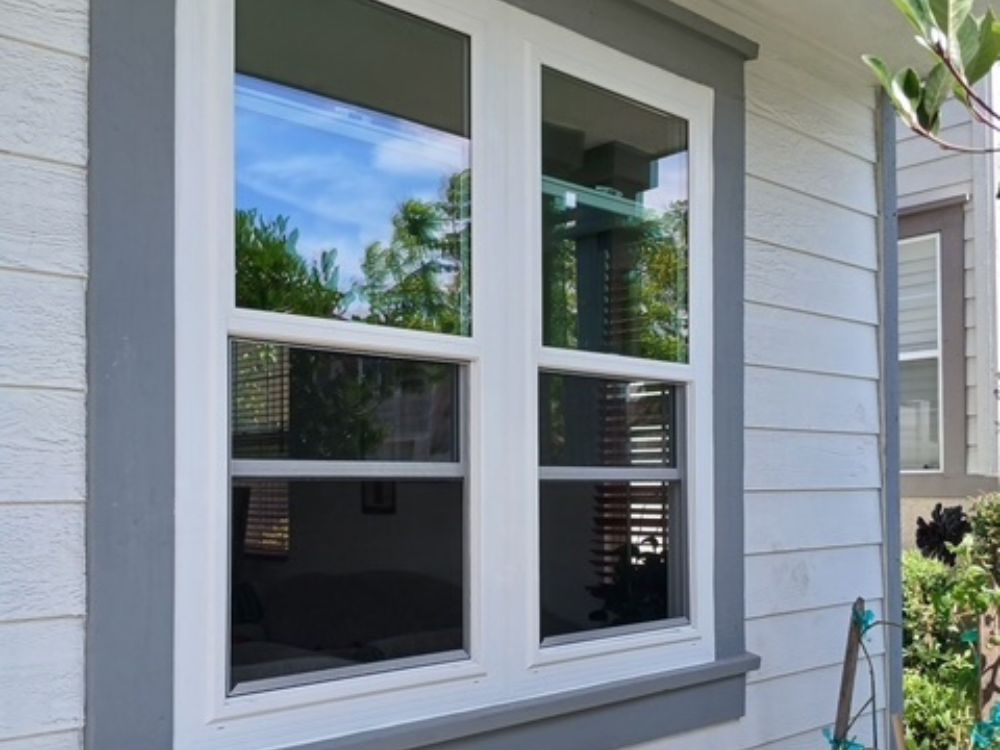How to Choose the Right Window Frame Material for Coastal Humidity

Living near the coast has its perks, such as breathtaking views and a relaxed lifestyle, but it also brings its unique challenges. One of the biggest concerns for homeowners in coastal areas is the constant exposure to humidity, which can take a toll on your home’s windows. Selecting the right window frame material is essential to ensure that your windows withstand the salty air, moisture, and wind typical of coastal environments. In this guide, we’ll explore the best window frame materials for coastal humidity, helping you make an informed decision for your home.
Why Coastal Humidity Affects Window Frames
Coastal humidity is one of the most challenging factors for window frames. The salty air can corrode certain materials, leading to damage that may require frequent repairs or replacements. Additionally, the moisture in the air can cause warping, rotting, or discoloration. These issues can shorten the lifespan of your windows and affect their functionality. When choosing a window frame material, you need to consider its ability to resist corrosion, maintain its structural integrity, and stand up to the constant humidity of coastal regions.
Materials That Hold Up in Coastal Climates
Not all materials are created equal when it comes to resisting coastal humidity. Aluminum, for example, is a popular choice but is prone to corrosion when exposed to saltwater and moisture for extended periods. On the other hand, vinyl and fiberglass are better options for coastal areas. Vinyl frames are low-maintenance, resistant to corrosion, and do not absorb moisture, making them ideal for humid conditions. Similarly, fiberglass frames are highly durable and can withstand extreme weather without warping or rotting, which makes them perfect for coastal climates.
The Benefits of Vinyl and Fiberglass Frames
Both vinyl and fiberglass window frames offer distinct advantages for homeowners in coastal areas. Vinyl frames are incredibly energy-efficient, offering better insulation than aluminum or wood frames. They also come in various colors and styles so that you can find the perfect look for your home. Fiberglass, while slightly more expensive, offers exceptional strength and resistance to both humidity and temperature changes. It also requires little maintenance, which is a significant bonus for coastal homeowners who want to minimize upkeep. Both materials are excellent choices when you’re looking for long-lasting, durable, and energy-efficient windows.
Maintaining Your Window Frames in Humid Conditions
Even with the right window frame material, regular maintenance is key to ensuring your windows last in coastal climates. Cleaning the frames and checking for signs of damage regularly will help you spot any issues before they become costly problems. For vinyl frames, simple cleaning with a non-abrasive cleaner is usually sufficient. Fiberglass frames, while low-maintenance, should be inspected for any cracks or seals that may have been compromised. Keeping your windows in top condition will help you maximize their lifespan and continue enjoying the benefits of coastal living without worrying about frequent replacements.
Final Thoughts on Choosing the Right Window Frame Material
Choosing the right window frame material for your coastal home is a crucial decision that will impact both the aesthetic and functionality of your windows. Vinyl and fiberglass frames stand out as the best options for coastal humidity due to their durability, energy efficiency, and low maintenance. Investing in high-quality windows made from these materials will not only improve your home’s appearance but will also provide the protection your home needs from the harsh coastal elements. Ready to upgrade your windows? Contact Select Home Improvements today at (855) 663-8271 to explore our window replacement options and get the perfect fit for your coastal home.

